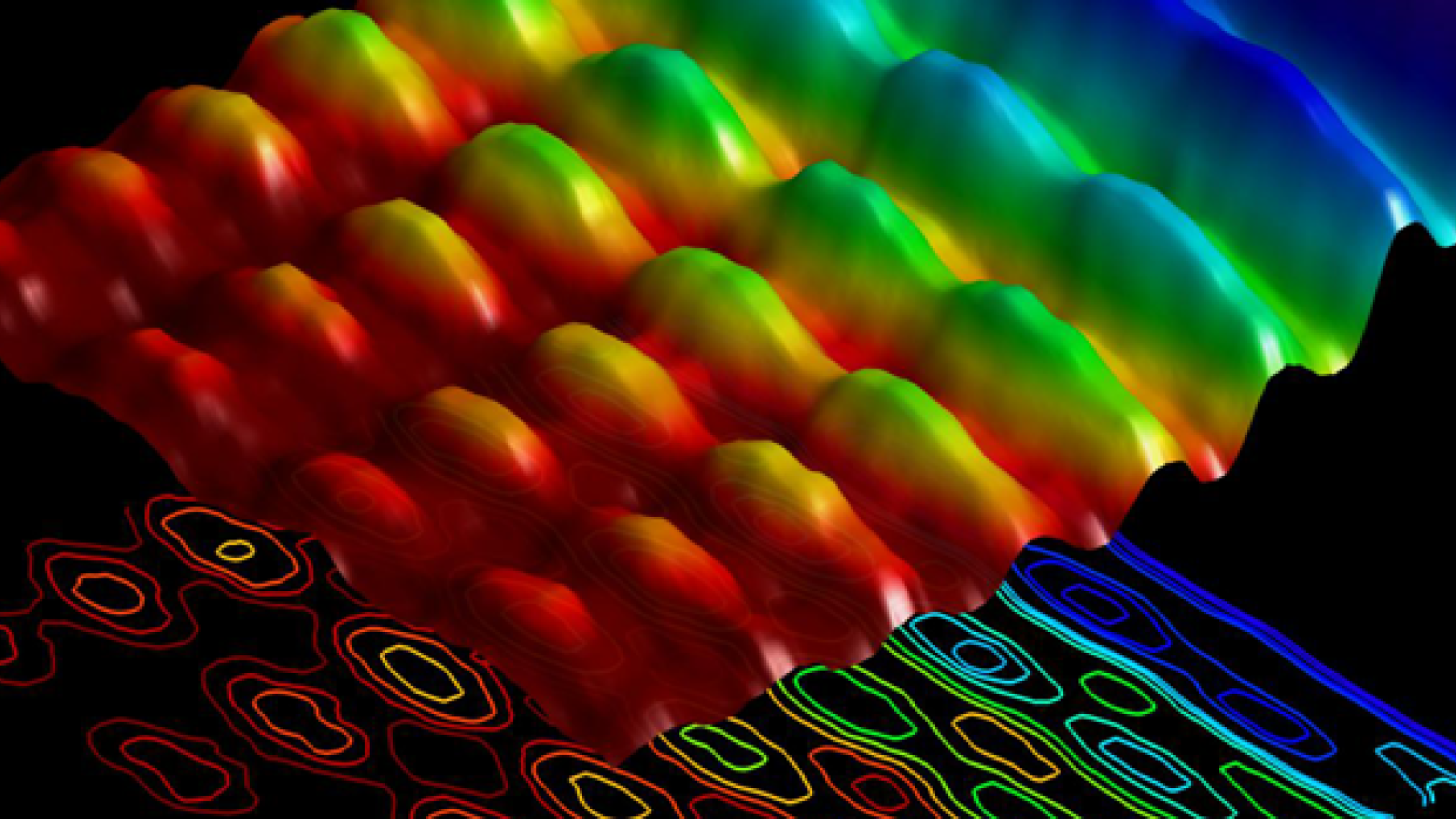Call for Papers: Open quantum computation and simulation
**THIS CALL FOR PAPERS IS NOW CLOSED FOR SUBMISSIONS**
PLOS ONE is calling for papers that promote the principles and values of open science to form a Collection in quantum computation and simulation. Contributions must be submitted by 08 June 2018. We are proud to have Fabio Sciarrino (Università di Roma La Sapienza) as the Collection’s Guest Editor. He will be supported by Academic Editor Peter Wittek (University of Toronto) and Academic Editor Emanuele Dalla Torre (Bar-Ilan University, Ramat-Gan). We also thank Section Editor Jacob Biamonte for his support.
Quantum computation and simulation have seen enormous progress in the past few years. Leaps in number and quality of experimentally available qubits, innovations in quantum software and an increasing versatility in simulating quantum matter and quantum systems nourish the expectation that soon quantum computers and simulators will be able to solve practically relevant problems. Given the rapid developments and commercial interest, it is more important than ever to share results and data on quantum computation and simulations openly with the scientific community and the public.
The journal PLOS ONE is published by the Public Library of Science (PLOS), a non-profit Open Access publisher and advocacy organization founded in 2001. We are an interdisciplinary journal publishing papers in all scientific disciplines. At PLOS ONE, submissions are assessed for scientific rigor rather than perceived impact. To promote openness and transparency in research, we mandate for all data underlying the results of each paper to be made openly available upon publication.
Through this Collection, we intend to encourage greater transparency and reproducibility in research through open availability of source code. We encourage submissions related to all aspects of quantum computation and simulation, and would particularly welcome work on:
- Simulations of large quantum systems, including case studies of their nonequilibrium dynamics (sudden quenches, periodic drives, driven-dissipative open systems, etc.)
- Quantum algorithms and software, including quantum-inspired algorithms
- Open Source tools for quantum computation, quantum simulation and quantum technologies
- Openly assessing the power of quantum computation, for example: benchmarking against classical counterparts, fair comparison of different quantum computing paradigms, realistic resource estimates for quantum computing tasks
To be considered for this Collection of research articles, submissions should propagate our Open Science agenda by meeting the following standards and good practices:
- Submissions for which new algorithms or software are central to the work should make code openly available, either by making it public on a code repository (like github or bitbucket), using a cloud computing service (like CodeOcean), or providing it as supporting information. Authors should make clear how readers can access the code. We recommend services that assign a DOI to the code (for example Zenodo). We furthermore encourage making the code Open Source with an OSI-approved license and recommend BSD-style licenses for maximum reach.
- For submissions whose core purpose is the description of a new tool or software, please also consider our regular policy on methods, software, databases and tools.
- All methods and protocols, whether experimental or theoretical, must be transparently described and documented. This includes clean documentation of new code, reporting of all experimental or numerical parameters (measurement protocols, fabrication details, parameters of numerical experiments, etc.) and reporting on which off-the-shelf code packages and versions were used. We encourage the inclusion of a management plan for new code in the methods section.
To maximize re-usability and accessibility, we would like to point out the benefits of literate programming, the creation of tutorials and further documentation for submitted code. The Software Sustainability Institute provides guidance on sharing and managing code, as do these PLOS articles on Best Practices and Good Enough Practices in scientific computing.
When submitting, please select the Article Type “Research Article,” enter “Open quantum computation and simulation” in the Additional Information Section “Collections” field, and specify that you are submitting to this Call for Papers in the cover letter. Please send any queries to ONECalls@plos.org.
Image Credit:Fabrizio Carbone/EPFL
